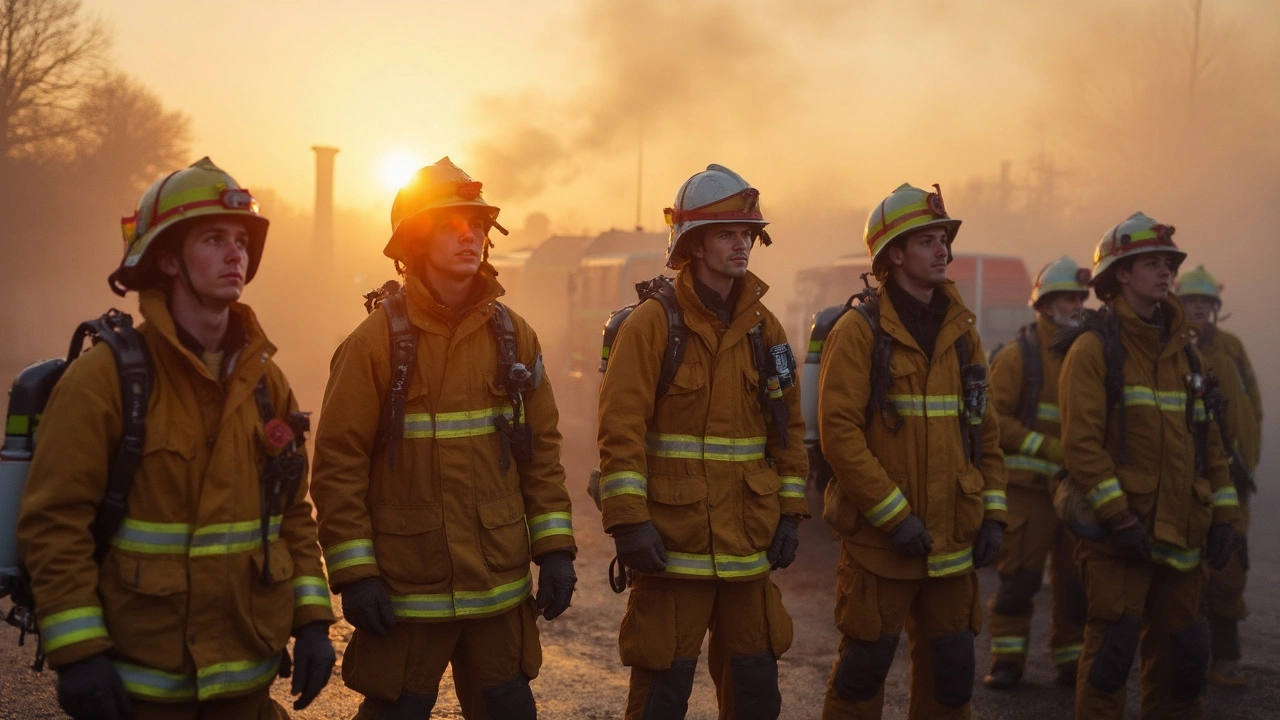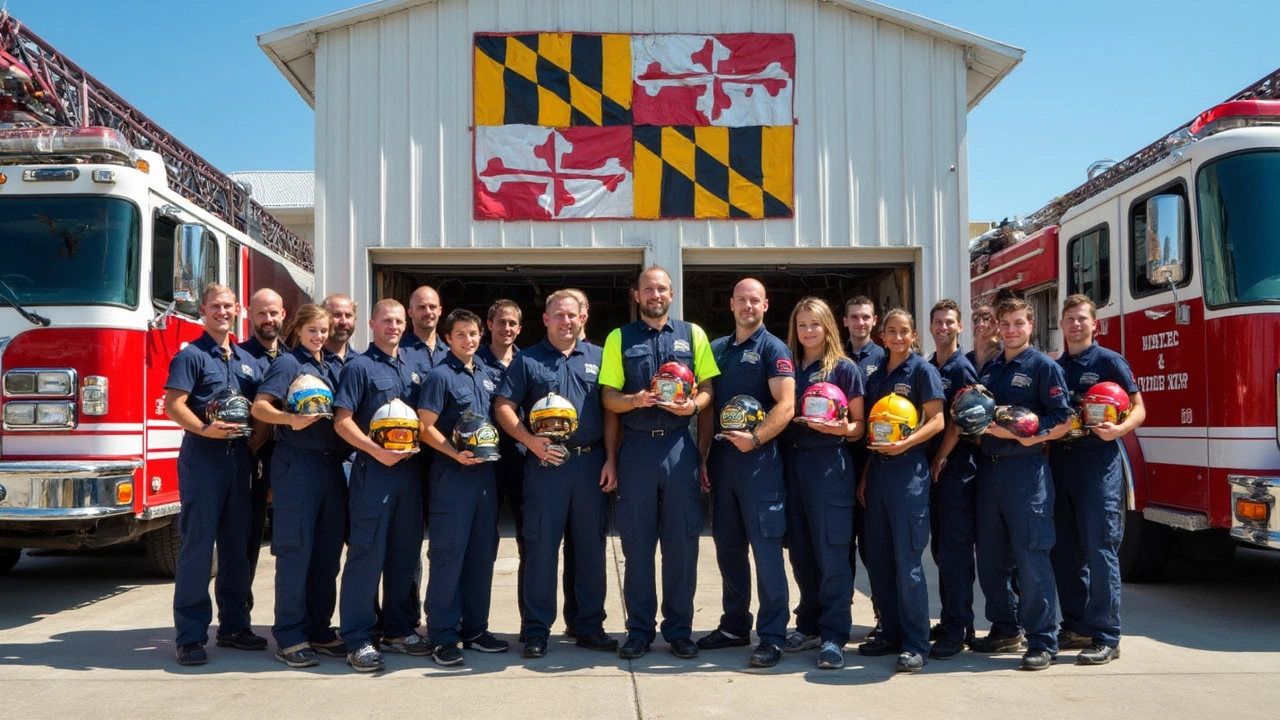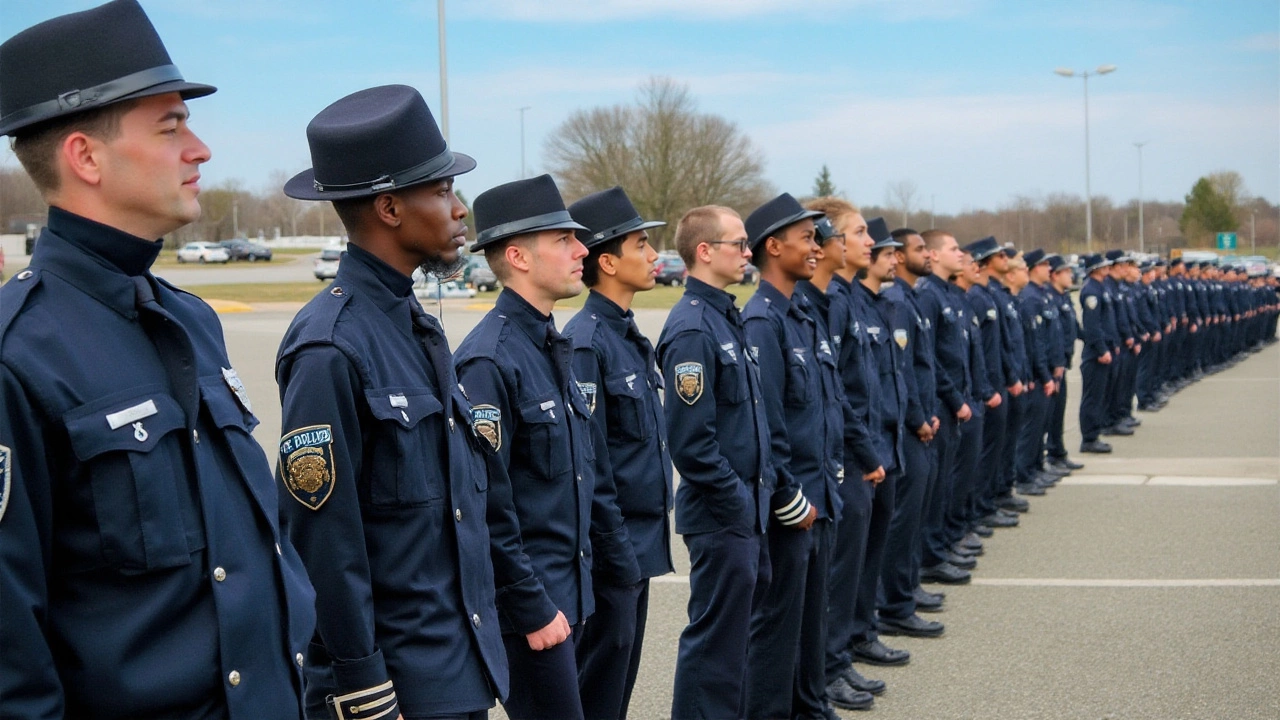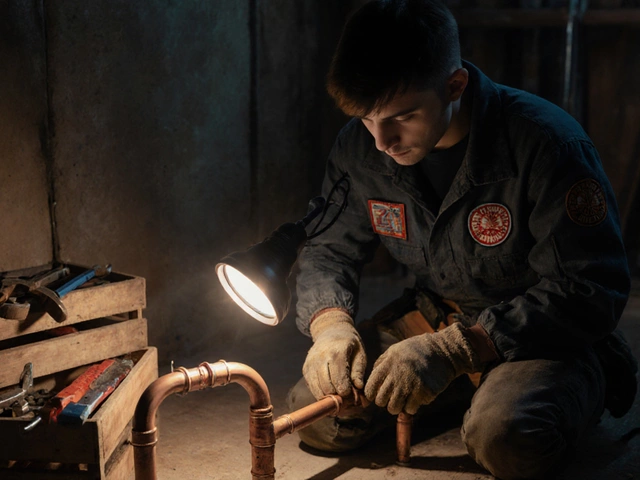Public Service Careers: Guides, Pay & Training
Thinking about a job that helps the community and offers steady pay? Public service roles cover everything from police officers to high‑level civil servants. Below you’ll find straight‑to‑the‑point info on the best‑paying gigs, what training looks like, and how to plan your next move.
Top‑Paying Public Service Jobs
If a big paycheck matters, the civil service has a few standout roles. Our article Which Civil Service Job Pays the Most? breaks down the highest salaries, showing you which positions sit at the top of the pay ladder. Generally, senior management, specialised engineers and strategic policy advisers earn the most. The key is matching the right qualifications with the job’s skill set—think a master’s degree, years of experience, and sometimes a professional chartered status.
Another piece, Top Earning Roles in Civil Service: What's at the Peak?, adds practical tips on how to position yourself for those roles. It highlights networking inside government departments, gaining relevant project experience, and staying current with the latest public‑sector regulations. The takeaway? Target the jobs that align with both your expertise and the salary you aim for.
What to Expect in Police & Fire Training
Ready to wear a badge or slide down a pole? Knowing how long training lasts and what you get paid can save you a lot of guesswork. In Virginia, most police recruits earn a salary while they’re at the academy—see the full breakdown in Do You Get Paid During Police Academy in Virginia? 2025 Pay, Benefits, and What to Expect. The pay covers basic living costs, and you’ll also get housing assistance in many cases.
Firefighter training varies by state. Our guide How Long Is Fire Academy in Virginia? Find Out What to Expect explains that the program usually runs between 12 and 16 weeks, with daily drills, classroom work, and physical tests. Firefighter Requirements in Maryland: What You Need to Know adds that you’ll need a high school diploma, a clean medical record, and often EMT certification before you even step foot inside the academy.
If you’re in Pennsylvania, the police academy guide Discovering Police Academy Training Duration in Pennsylvania tells you the course runs about 20 weeks and covers legal basics, firearms, and community policing skills. Knowing the schedule helps you plan finances, find a place to live, and keep your motivation high.
Across all these paths, the common thread is preparation. Brush up on physical fitness, gather required paperwork early, and talk to current officers or firefighters about day‑to‑day life. Those chats often reveal hidden costs or bonuses that can make a big difference to your budget.
Bottom line: public service careers can be rewarding both financially and personally, as long as you have the right info up front. Use the guides on this page to compare salaries, training lengths, and entry requirements. Then pick the path that fits your goals, budget, and lifestyle. Your next step could be a desk job with a six‑figure salary or a front‑line role that makes a real impact on your community.












